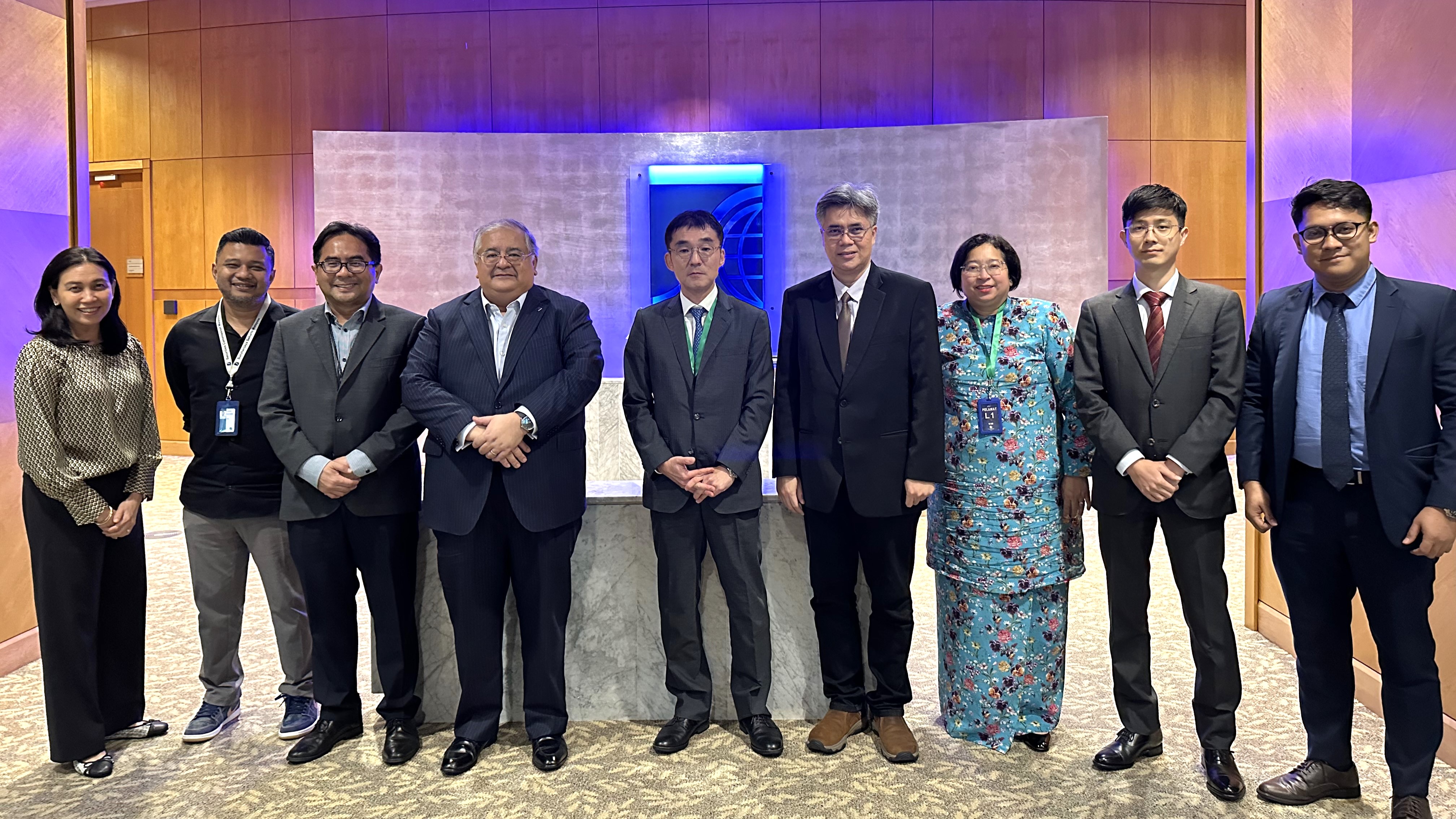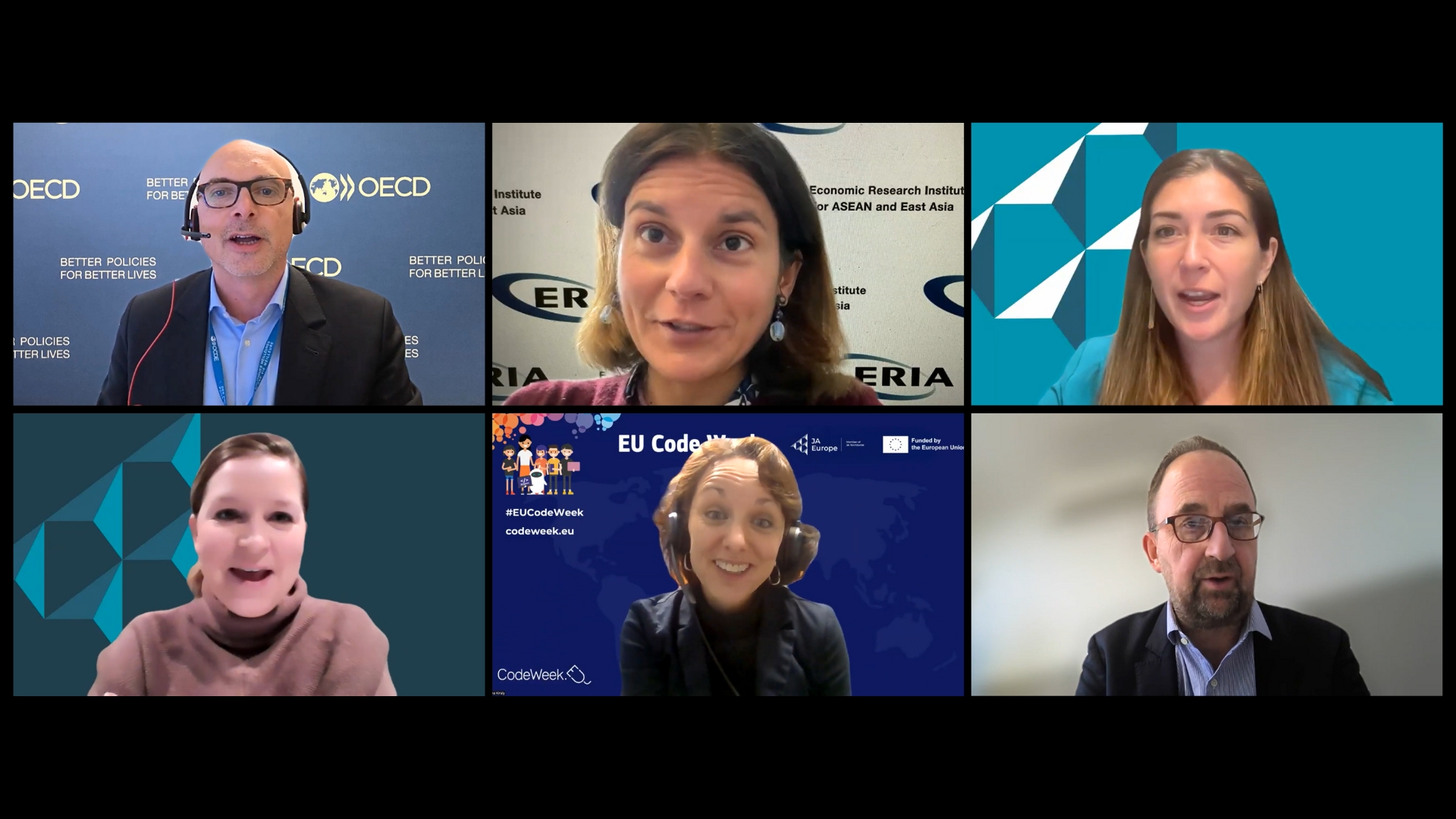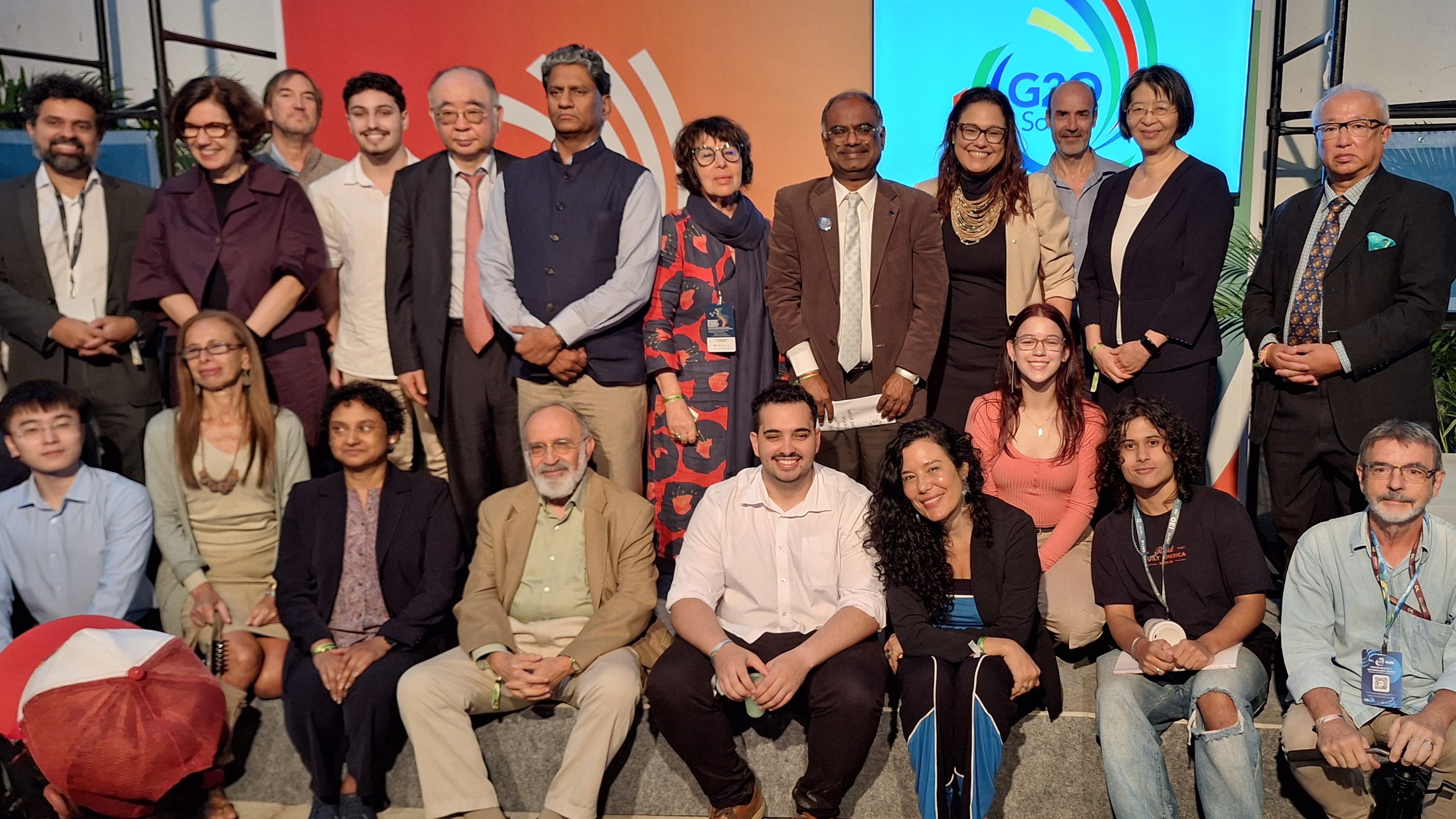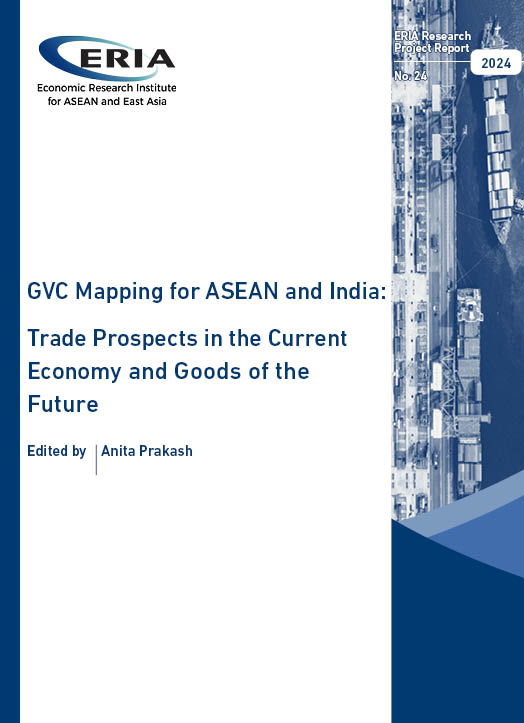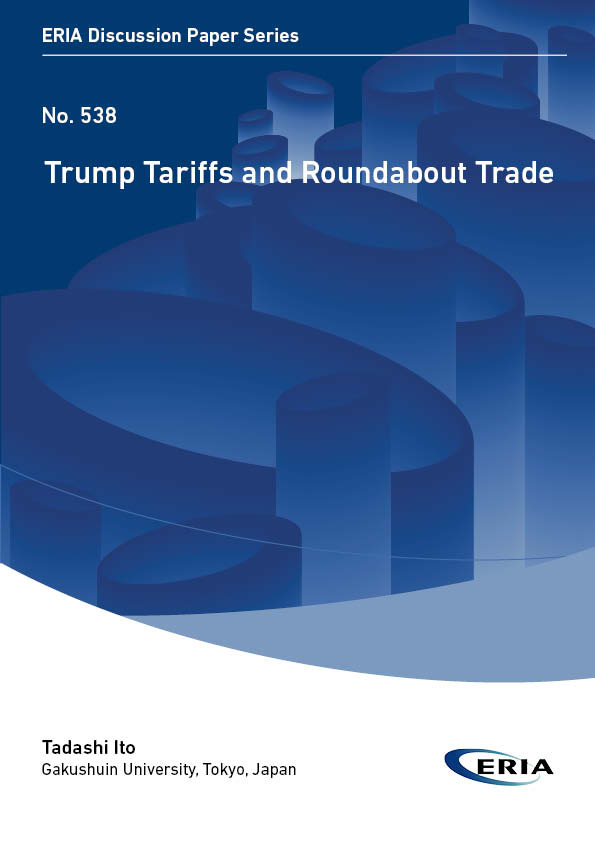Indonesia Pushes for Investment Momentum Amid Global Challenges
Date:
15 November 2024Category:
NewsTopics:
Investment, IndonesiaShare Article:
Print Article:
Jakarta, 15 November 2024: In the face of mounting global economic uncertainties, the Ministry of Investment/BKPM hosted a Focus Group Discussion (FGD) titled Reflections for Transformation: Maintaining Investment Momentum Amidst Increasing Global Challenges. Held at the Ministry’s headquarters, the event convened representatives from key organisations, including ERIA, the World Bank, Ernst & Young (EY), Danny Darussalam Tax Centre (DDTC), and HSBC, to explore strategies for bolstering Indonesia’s investment climate while addressing global minimum tax (GMT) challenges.
Investment Landscape and Challenges
Dr Robert L. Marbun, Expert Staff for Institutional Relations at BKPM, opened the discussion by analysing Indonesia's investment performance. Despite progress, the nation continues to face structural and regulatory inefficiencies. Under the National Long-Term Development Plan (RPJPN) 2025–2045, Indonesia aims to achieve advanced nation status with a Gross National Income (GNI) of US$30,300 per capita.
In 2023, foreign direct investment (FDI) contributed Rp744 trillion (52.4% of total investment), creating over 1.8 million jobs. However, Indonesia’s high Incremental Capital Output Ratio (ICOR) of 6.8 – the highest in ASEAN – highlights the urgent need for reforms to enhance investment efficiency.
Key Insights from ERIA and the World Bank
Dr Lili Yan Ing, Lead Advisor for Southeast Asia at ERIA, emphasised Indonesia's low participation in Global Value Chains (GVC). In 2020, the country ranked third-lowest amongst ASEAN+6 nations, surpassing only Myanmar and New Zealand. With an FDI-to-GDP ratio of 1.61% – the lowest in ASEAN – Indonesia struggles to compete regionally.
‘To achieve Vision 2045 goals, Indonesia must urgently tackle productivity and investment inefficiencies,’ Dr Ing stated, underscoring the importance of reducing ICOR and improving regional competitiveness. She also highlighted the need to attract FDI from alternative sources, such as China, Japan, the Republic of Korea, and the Middle East, to mitigate potential impacts from shifts in US investment policies.
According to Dr Ing, under Trump’s second administration, the US White House prioritised tax cuts and regulatory incentives to promote domestic investment by US companies. These policies could influence FDI flows to Indonesia, which amounted to US$3.3 billion in 2023. To counter potential reductions in US investment, Indonesia should actively seek alternative FDI sources, particularly from China, Japan, the Republic of Korea, and the Middle East.[1]
World Bank researcher Mr Aufa Doarest echoed these concerns, noting Indonesia’s resource-focused FDI lacks significant contributions to exports and innovation. Fragmented regulations and inconsistent local policies further deter investment, underscoring the need for streamlined governance.
Tax Policy Reform and Fiscal Strategies
Tax policy reform emerged as a focal point. Roy M. Sibuea, Partner at Ernst & Young, discussed how GMT could diminish the effectiveness of traditional tax incentives like tax holidays. He recommended adopting alternative strategies such as refundable tax credits and cash grants, citing Viet Nam and Singapore as benchmarks.
Complementing this, Mr Bawono Aji, Director of Fiscal Research & Advisory at DDTC, called for streamlined tax procedures and centralised tax service centres. He suggested learning from countries like Belgium and Malaysia to improve investor confidence and tax administration.
Diversification and Green Investment
The forum underscored the need to diversify Indonesia’s investments beyond resource-based sectors like nickel. Opportunities in green investments, export-oriented industries, and digital infrastructure were identified as priorities. Participants also highlighted leveraging geopolitical dynamics, such as US–China tensions, to strengthen Indonesia’s position in global markets.
Financial Sector and Licensing Reforms
Charles Kho, Head of Multinationals & International Subsidiary Banking at HSBC, highlighted regulatory delays, licensing bottlenecks, and approval processes as critical barriers. He called for reforms to streamline procedures, enhance workforce readiness, and simplify regulatory frameworks to attract investors.
Conclusion and Next Steps
Dr Ing concluded the FGD by emphasising the need for a holistic approach to enhance structural competitiveness, foster innovation, and promote sustainable growth. The discussion underscored the importance of aligning Indonesia’s investment strategies with global economic trends to solidify its position as a preferred investment destination.
‘Indonesia must focus on creating an investment climate that is competitive, resilient, and aligned with the demands of a rapidly changing global economy,’ Dr Ing stated.
The collaborative insights from the forum provide a strong foundation for addressing policy inefficiencies and ensuring sustainable economic growth.
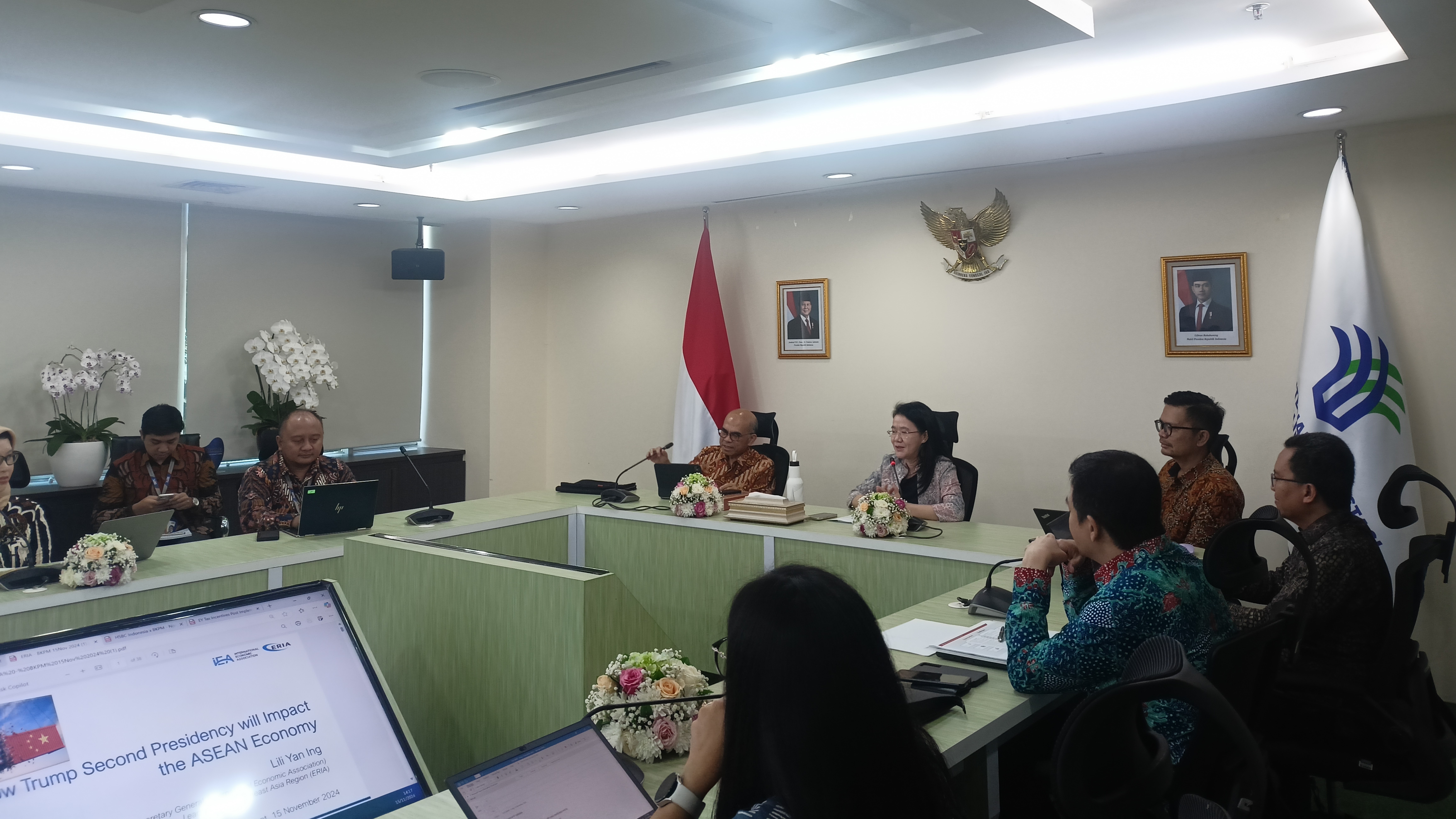
.jpg)
.png)
.jpg)



